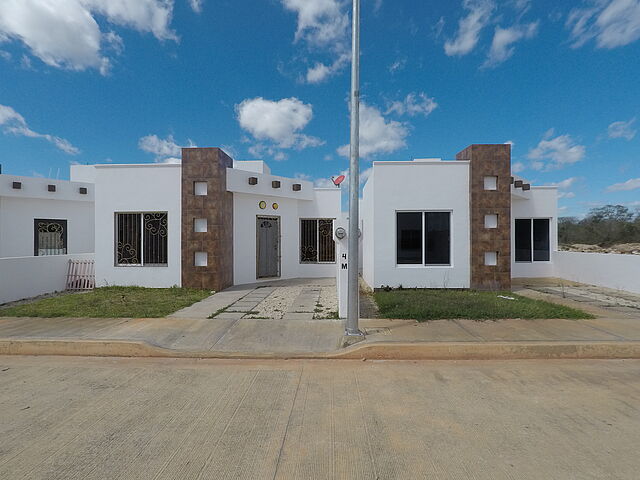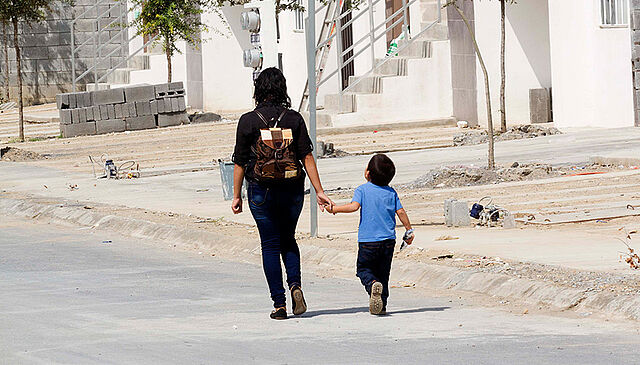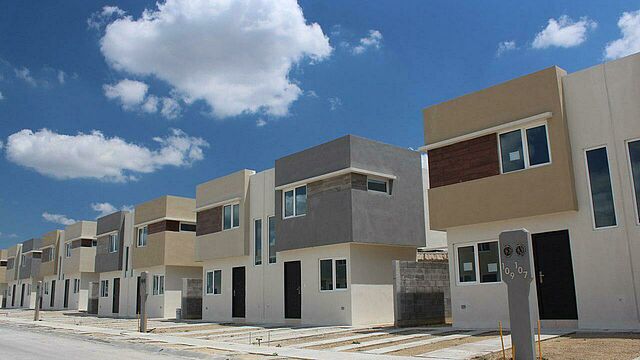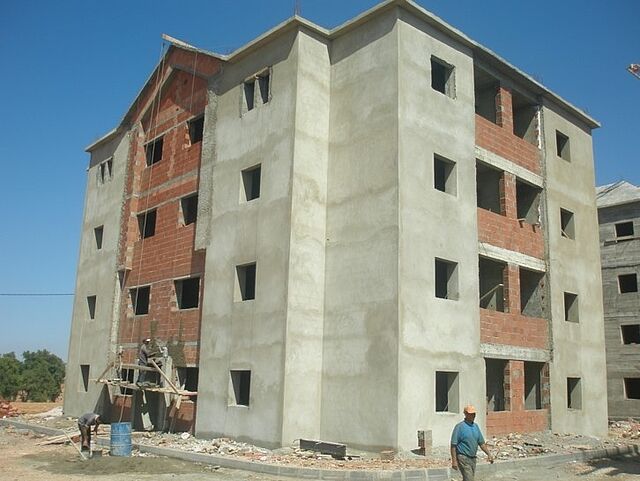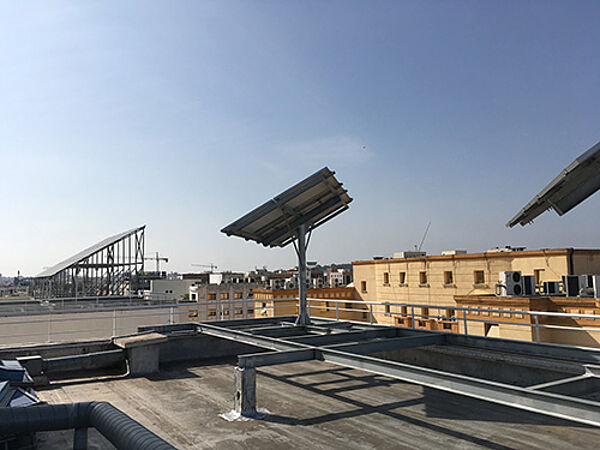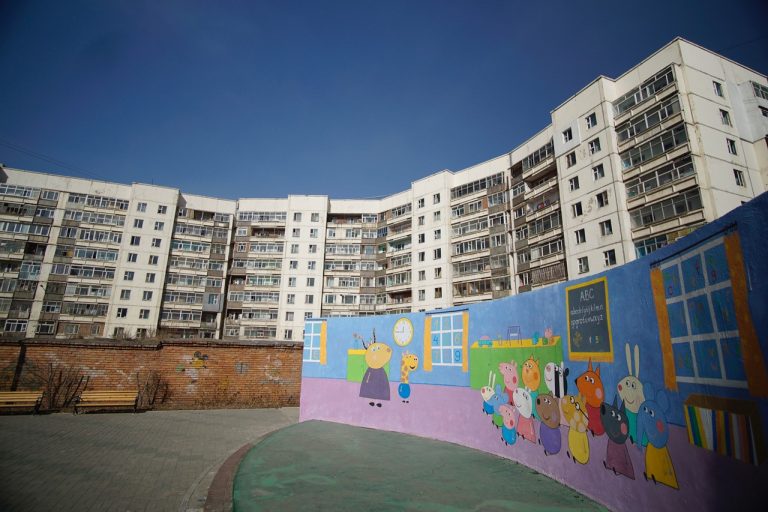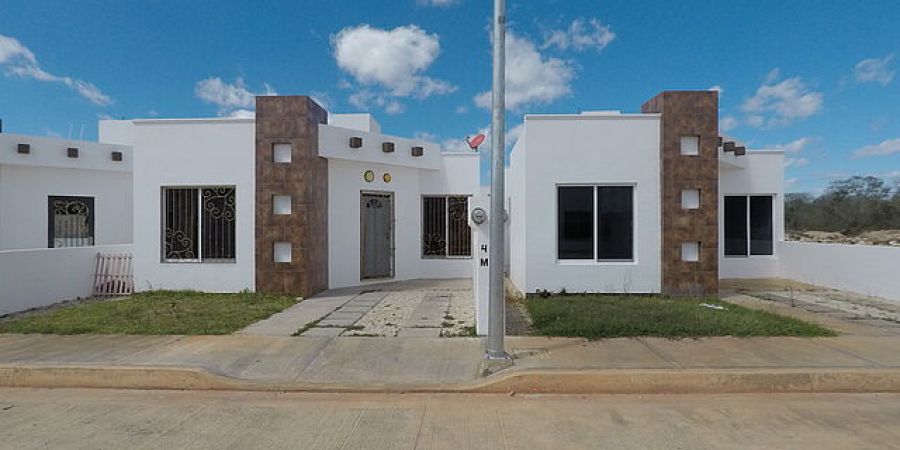
Background: The residential building sector is responsible for approximately 17 per cent of Mexico’s total energy consumption. As the population grows by approximately 1.7 million per year and an increasing number of Mexicans aspire to better housing, an estimated 600,000 new residential units will need to be built every year over the next decade, leading to an increase in greenhouse gas (GHG) emissions in the housing sector.
Approach to Transformational Change: To address the problem, in 2012, the National Housing Commission CONAVI developed mitigation measures in the sector. The “Mexican New Housing” is based on the whole-house approach focusing on the total energy performance of a building. The overarching goal of the project “Mexico – Implementation of the New Housing” (Mexico New Housing for short) was to implement the above mitigation measures, which promotes cost-effective energy-efficient building concepts across the housing sector, with a particular focus on low-income housing.
The project contributed to the implementation of the mitigation measures in two ways: 1) It promoted the penetration of basic efficiency standards in the entire new housing market in Mexico by means of: (a) technical assistance to large public housing financiers and housing developers and; (b) financial incentives and project-related technical support for small and medium sized developers and financial intermediaries. 2) It promoted the upgrading of energy efficiency standards to more ambitious levels.
The project combined technical assistance to CONAVI (technical cooperation, also known as TC component) as well as financial incentives and project-related technical support in cooperation with the Mexican development bank SHF (financial cooperation, also known as FC component) to pave the way from the initial mitigation measures development towards a broad sector-wide implementation of sustainable housing, focusing on: 1) Improvement of capacities of federal, state and local authorities on energy efficient and sustainable housing, as well as building codes and the legislative framework conditions; 2) Development of a local market for environmentally friendly technologies; 3) Improvement and application of existing Mexican promotion and incentive instruments with more ambitious energy efficiency standards at federal and state level; and 4) Fostering the application of more ambitious energy efficiency standards through the provision of investment grants for incremental costs as well as the inclusion of additional eco-technologies. The project focused on a long-term impact leading to the increased construction and use of energy efficient houses and decreasing GHG emissions, therefore contributing to a sector transformation towards a less carbon-intensive housing sector.
Through the combination of the loan guarantee to financial intermediaries and subsidies for small and medium-sized developers (SMEs) with SHF’s standard programmes, of guarantees and bridge loans, more than EUR 100 million private finance for the construction of low carbon houses within the implementation period of the Financial Cooperation (FC) component of 7 years.
Mitigation potential: The financial incentives and project-specific advisory services led to the construction of around 48,000 energy efficient housing units by small and medium-sized project developers. With an assumed average CO2e emissions reduction of 20 per cent, this contributes to around 446,000 t CO2e emissions saved during the lifetime of these buildings.

